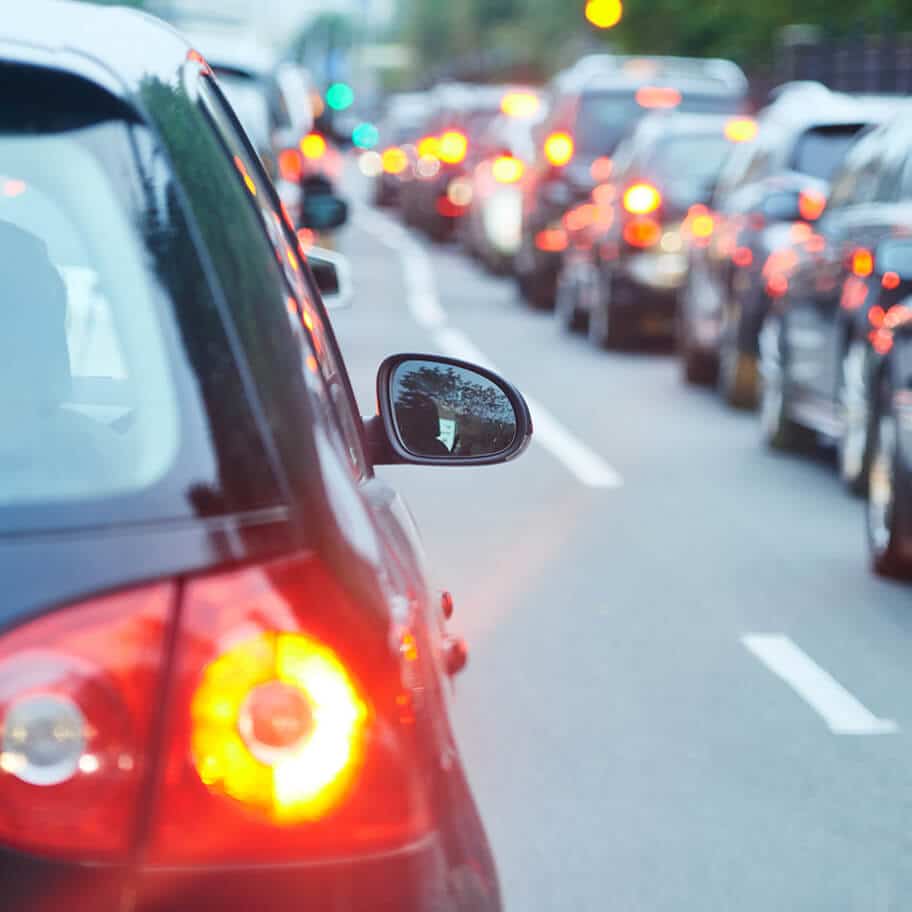Injury and Compensation
Insurance companies have argued that the risk of personal injury is linked to the vehicle’s external damage. For example, an insurance claims handler might reject a person’s personal injury claim. This can be on the basis that there was a low-speed impact and the material damage to the car is small.
As solicitors we often receive defences from defendants pleading a “minimum impact” defence. These types of defences are becoming more and more common. However the reality is that in low speed rear-end crashes there are a number of injury-producing variables. When comparing injury and causation it is important for any doctor reviewing the injured party to remember that there is no “typical human” in a crash environment.
There are several factors why a human can be different for example:
- Different weight
- Different height
- Seating locations of vehicle occupants etc.
In these types of low impact cases, it is important to get the repair estimate, photos of the vehicle damage (to both vehicles), an assessors report and a garda abstract report as soon as possible. These are important from an evidentiary standpoint in minimum impact road traffic accidents.
An engineer with a particular expertise in dealing with these types of cases can give helpful information of the effects of what is sometimes thought to be “minor” accidents.
Furthermore, as with any accident, you should report the matter to your insurer as soon as possible. To make a personal injury claim, there must be an actual injury sustained in order to claim compensation. The most important thing following an accident is to obtain medical attention. In addition, adhere to all treatments recommended by your medical practitioner.
What to do after a road traffic accident?
Following a road traffic accident, whether as a driver, passenger, pedestrian or cyclist, there are a number of steps you should follow:
-
Seek medical attention
Your health is your wealth and should be your first priority. Immediately after a road traffic accident, take a second to assess yourself to determine if you have any injuries. Then check if any passengers or anybody else involved in the accident need medical attention. If you or anyone else involved has sustained a serious injury ensure that you contact an ambulance to attend the scene.
For minor injuries, you must remember that minor injuries where you ‘feel fine’ could progress to a more serious injury in the future. In this case it is always better to be safe than sorry and advisable that you go to your nearest accident and emergency (A&E) or local GP to be checked out.
-
Gather all relevant information at the scene
It is important that you gather all the relevant information in connection with your accident:
- Details of another driver(s)/people involved: name, address, contact information, vehicle registration number and vehicle insurance information. You can also offer your own information to the others involved in the accident.
- Name and contact details of any emergency service workers at the scene – paramedic/Gardaí.
- Take a picture of the scene and damage to all vehicles involved from different angles; this will help your solicitor understand how the accident happened.
- If there are any CCTV recordings of the accident, such as CCTV cameras in a nearby shop, for example, you should try to obtain this footage.
- Dash Cam footage – if you have any.
- Record the time and date of the accident.
- Weather conditions at the time.
- Receipt for repairs of damage to your vehicle.
- If possible, try to collect the contact details of anybody that witnessed the accident. This may be of use if you do decide to pursue a road traffic accident claim.
-
Report the incident to the Gardaí
Regardless of how minor or serious the road traffic accident was, it is important that you call the Gardaí to report the accident immediately.
For minor accidents, the Gardaí may tell you that they will not be attending the scene. In this scenario, the appropriate information should be exchanged. In these cases, it is also important that you visit your nearest Garda station to request that they take details of the accident and to take your statement about the accident.
For more serious road traffic accidents, where an ambulance has been called, the Gardaí may arrive at the scene to assess, take statements from the people involved and any witnesses.
-
Contact your insurance company
If you are the driver of the vehicle involved in a road traffic accident it is important to inform your own insurance company so they have a record of the accident.
-
Speak to a road traffic accident solicitor
If you are considering moving forward with a road traffic accident claim for any personal injuries sustained it is advisable that you speak with a road traffic accident claims solicitor as soon as possible. If you are proceeding with a claim, the first step will be submitting your claim to the Injuries Board for assessment. A road traffic accident solicitor can help you in preparing your application to the Injuries Board and ensure that you follow the process in the correct format, meaning that you can move forward with your claim quickly without unnecessary delays.
It is important to remember to keep copies of any expenses that you have incurred as a result of the accident. It is also imperative to retain copies of medical reports or Garda reports, where possible as you will need them when making a claim.

